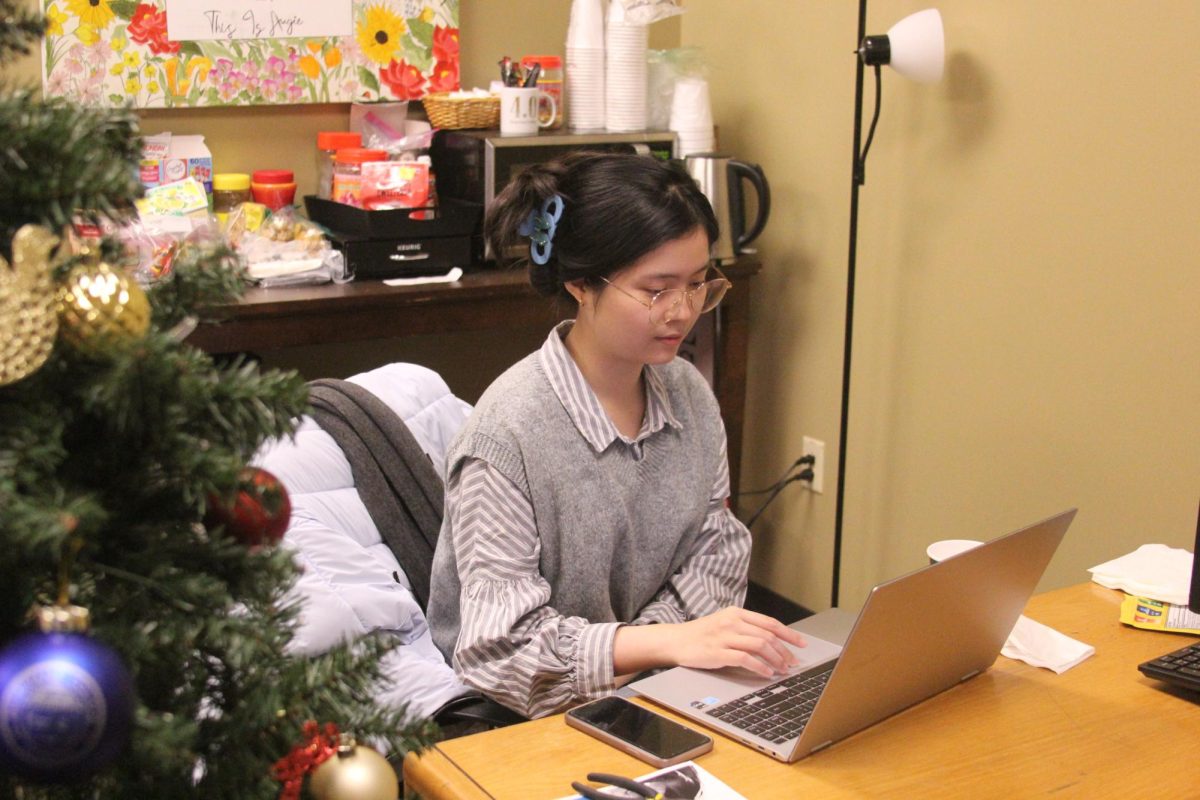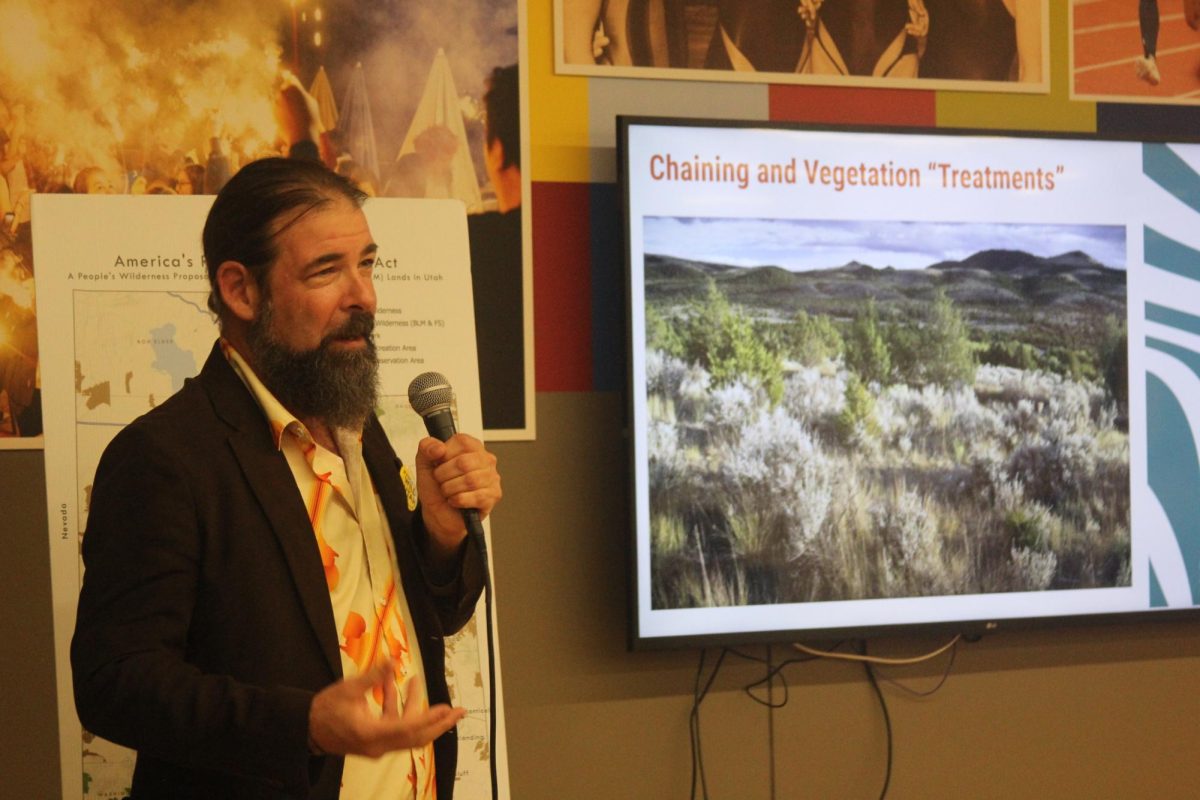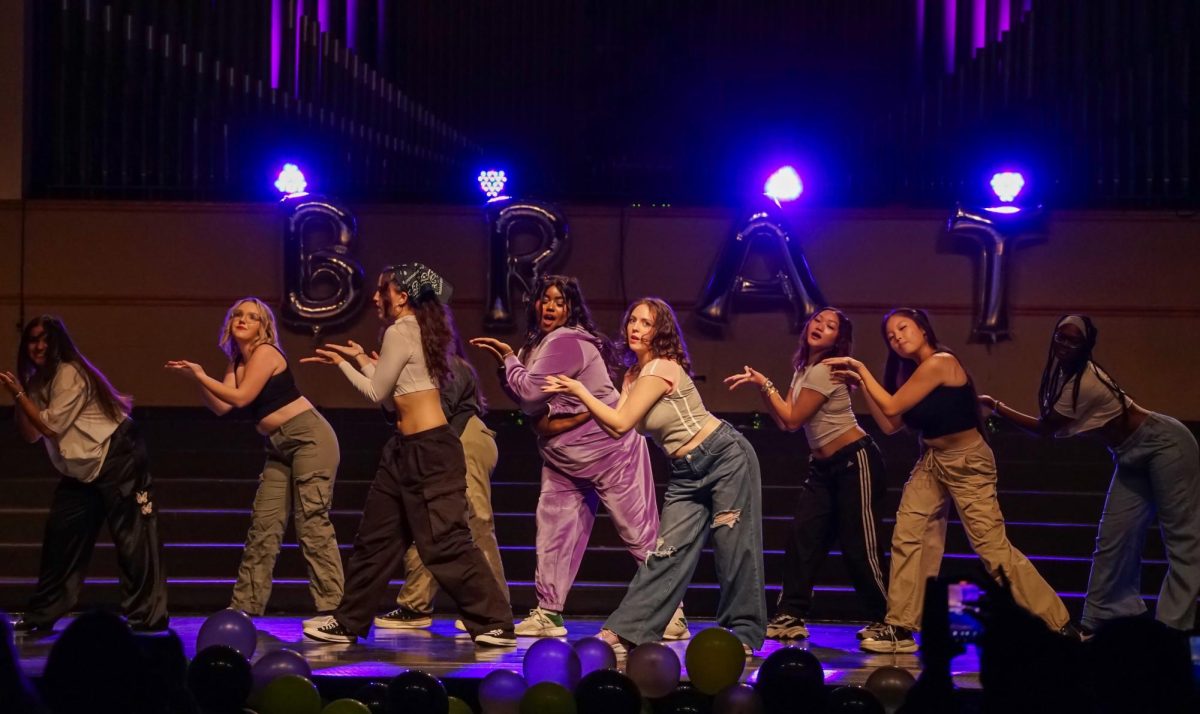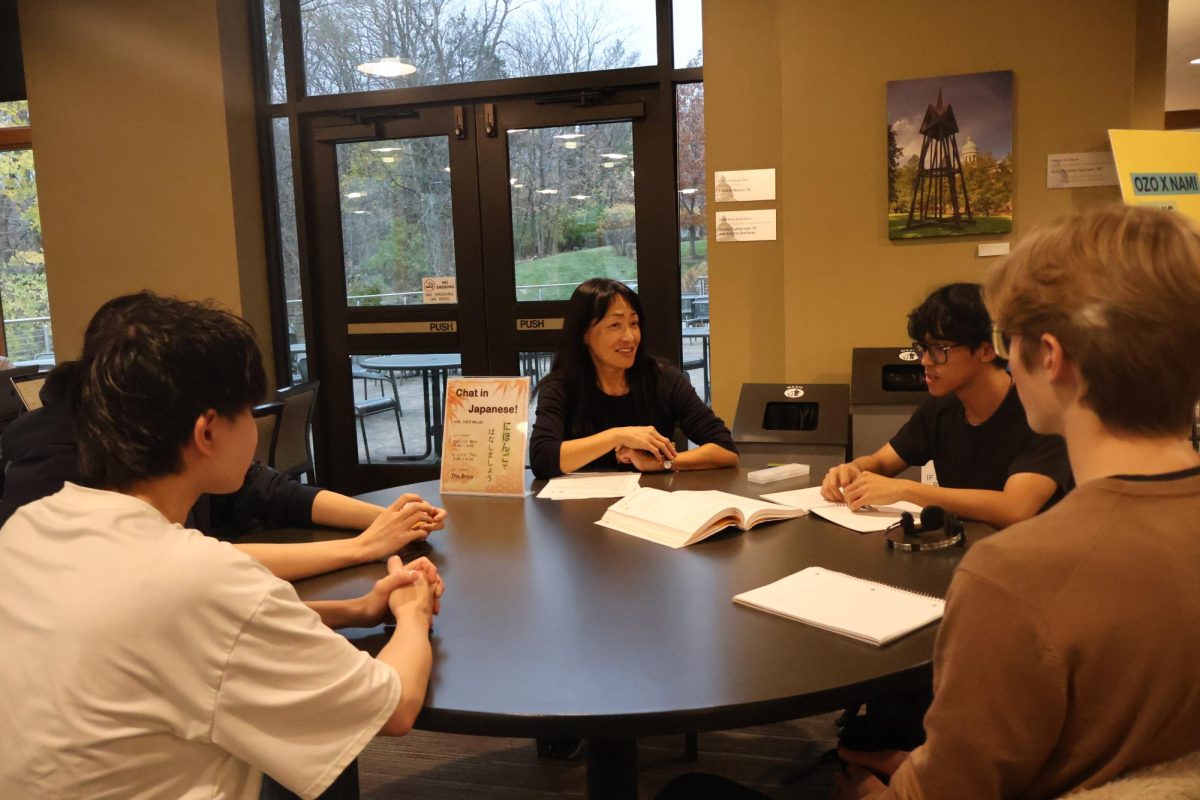Humanity is obsessed with efficiency. Agriculture, railroads, traffic lights, the internet — all developed in pursuit of the expedient. It drives us forward, guiding our economy and inspiring our engineers. It has accelerated our ability to communicate into outer space and catalyzed a global shrinking. People don’t inhabit nations or cities anymore; they inhabit a world, and it’s not very big.
Problematically, the world ends up looking much larger when you take the time to spell it out. As the pool of relevant information swells, modern efficiency narrows the spout that directs it. The average American understands her changing world by dint of tweets, movies and truncated articles that simplify her increasingly complicated environs. People would rather watch something than read it, and if they’re going to read it they’ll take it short with gifs and a drink.
I do not intend to insult anyone who consumes more films than books. I really mean to say just the opposite, that film has usurped literature as the chief medium of the popular arts. Most readers pick up YA fiction, romance and erotica, while your average moviegoer has seen such contemporary masterpieces as “Twelve Years a Slave,” “Her” and “Get Out.” Reading has become a path to escapism, but what its passengers don’t realize is that this substitution harms our worldview just as much as any misleading headline or oversimplified, “funny” video on Facebook.
Literature can inherently convey more nuance to its reader than any film to its viewer. A movie will show you a face, a song, a conflict, whatever you please, but a written text can bring you into the actual psychology of a character. It can go on for pages about the way a woman sees her cat and manage to pull off more than a cheap laugh or quick archetypal recognition. It can show you a face or a conflict, but it can do so with care and deep empathy unattainable by the cinema. And not because of any posited superiority on my part; literature just has the time and space to do it.
The way we choose to entertain ourselves — like the news outlets we patronize — impacts the way we think. As the constricting spout of social media polarizes our politics, likewise does our infatuation with television and movies polarize our personal lives. Literature has long served as a mirror for the reader. It allows reflection on the self and on the world, expanding the mind and permitting novel, complex experiences to enter the psyche. By placing Hollywood and sitcoms in its stead, we slow this mental growth. We begin to see the world in terms of superhumans with predictable personalities and flawless execution. We forget to empathize, to accept, to love people for who they are rather than the characters we project onto them. And it’s killing us.
We cannot continue to escape from a world that each day calls for more of our direct attention. Striving for efficiency, we have lost a great deal of substance. Why would we try to understand a life that is often long and miserable by watching something you can digest and forget in an afternoon? It should take time to get through a piece of art. It should be difficult to understand the artist’s message, and we should never settle for anything less, because things are starting to fall apart.
So I submit this: if America wants to regain the greatness it seems to remember, it needs first to recall how to think about the greatness of others. Its artists need to focus on portraying the world as it is, not as it can be most quickly conveyed. America needs to put away the caricatures and take up all the ugly portraits of reality. It needs empathy. It needs complexity.
America needs literature.
Categories:
America needs its literature back
October 31, 2019
0
More to Discover




































































































